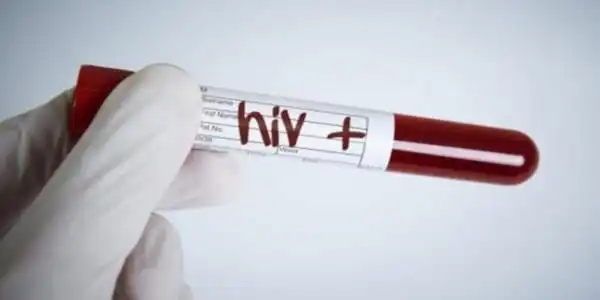The development of antiretroviral medications to treat HIV has transformed what was formerly a nearly always deadly infection into a chronic condition. Antiretroviral medication administered on a daily basis can reduce the amount of HIV in the blood to undetectable levels using routine tests. It is critical to continue medication in order to keep the infection under control.
HIV infection is no longer a death sentence, thanks to antiretroviral medication. Despite the efficacy of drugs to manage and cure the virus, it can never be completely eradicated from the human body, persisting in some cells deep within various human tissues where it goes unnoticed by the immune system.
Shokrollah Elahi, an immunologist at the University of Alberta, has discovered a possible solution to the conundrum of why infected people can’t get rid of HIV completely. Elahi and his colleagues discovered that in HIV patients, killer T cells (a type of white blood cell responsible for recognizing and eliminating virus-infected cells) have extremely little to no CD73 protein. Because CD73 is crucial for cell motility and trafficking into tissue, a loss of the protein impairs killer T cells’ ability to detect and remove HIV-infected cells, according to Elahi.
Our data imply that reducing or eliminating CD73 may be beneficial in HIV-infected persons in terms of MS protection. As a result, targeting CD73 may represent a novel potential therapeutic marker for MS patients.
Shokrollah Elahi
Antiretroviral therapy prevents HIV from replicating itself. When an HIV patient begins antiretroviral therapy, their viral load decreases. Almost everyone who begins taking their HIV medicine on a regular basis as prescribed will see their viral load reduce to undetectable levels in six months or less. It is critical to continue taking HIV drugs as advised in order to remain undetectable.
“This method provides one probable reason why HIV remains in human tissues forever,” he added, adding that the study also demonstrates the complexities of HIV infection. “This gives us the possibility to develop potential novel treatments that would assist killer T cells travel better in order to acquire access to infected cells in various organs.”
Elahi turned his attention to researching potential explanations of the significant decline after establishing the significance of CD73, a three-year project. He discovered that it is partly attributable to the persistent inflammation that is typical in HIV patients.

“Following lengthy research, we discovered that persistent inflammation increases amounts of a type of RNA found in cells and blood called microRNAs,” he said. “These are very tiny RNAs that can bind to messenger RNAs and prevent them from producing CD73 protein. We discovered that this was suppressing the CD73 gene.”
Elahi added that the team’s discovery helps explain why people with HIV have a lower risk of acquiring multiple sclerosis. “Our data imply that reducing or eliminating CD73 may be beneficial in HIV-infected persons in terms of MS protection. As a result, targeting CD73 may represent a novel potential therapeutic marker for MS patients.”
Antiretroviral therapy, sometimes known as ART, is an important aspect of treating HIV infection, supporting health, and preserving or increasing quality of life for persons living with HIV. These drugs reduce the amount of virus in the blood to a negligible or undetectable level. When a virus is undetected, it cannot infect othersTrusted Source.
Recently, there has been a lot of excitement about the possibility of producing a cure for HIV infection. The successful eradication of the virus in at least one person who got chemotherapy, radiation, and stem cell transplant from a donor with CCR5 mutation during leukemia treatment has raised the possibility that a method to clear the body of the virus could be created. However, such an approach should be approached with caution, as several of the proposed ways have the potential to be harmful to the brain.
Elahi stated that the next stage in his research will be to find how the CD73 gene may be modified to switch on in HIV patients and off in MS patients.





